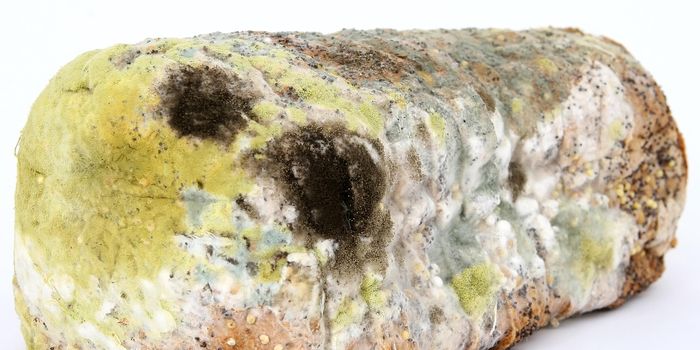Why Warming Up Enhances Muscle Performance
New research published in the Journal of General Physiology may help explain why warming up before working out improves muscular performance.
The team of researchers behind the study investigated the effects of warming up muscles by studying how increases in cell temperatures changed the contractile properties of skeletal muscle cells and cardiac muscle cells. The study used optical heat microscopy to observe how different temperatures changed the contractility and responses of cells within each muscle type.
The results showed that both skeletal and cardiac muscles are impacted by temperature changes, but that skeletal muscles tend to be more sensitive to changes. In particular, heating skeletal muscles can rapidly activate contractile proteins, which leads to improved muscle performance. The research also showed that certain proteins in muscles act as temperature sensors to help determine how other proteins should respond.
The authors of the study noted that even light activity or exercise can warm the skeletal muscles and allow them to contract more quickly. This allows the skeletal muscles to save energy by resting when they are not warmed up. In contrast, muscles in the heart are less sensitive to temperature changes, which is more advantageous for maintaining continuous beating.
Warming up is an important part of any athletic activity, and this study provides new insights into the mechanism behind warming up to improve performance. Incorporating appropriate warm-up exercises before engaging in activity can help improve performance while also decreasing the risk of injury. Physical activity is a key component of improving and maintaining heart health, and warming up can improve performance and make physical activity more enjoyable. Good warm-up exercises before physical activity can include light jogging, active stretching, jumping jacks, stationary bike pedaling, or anything else that gets the body warm before more vigorous exercise.
Sources: Journal of General Physiology, Science Daily








